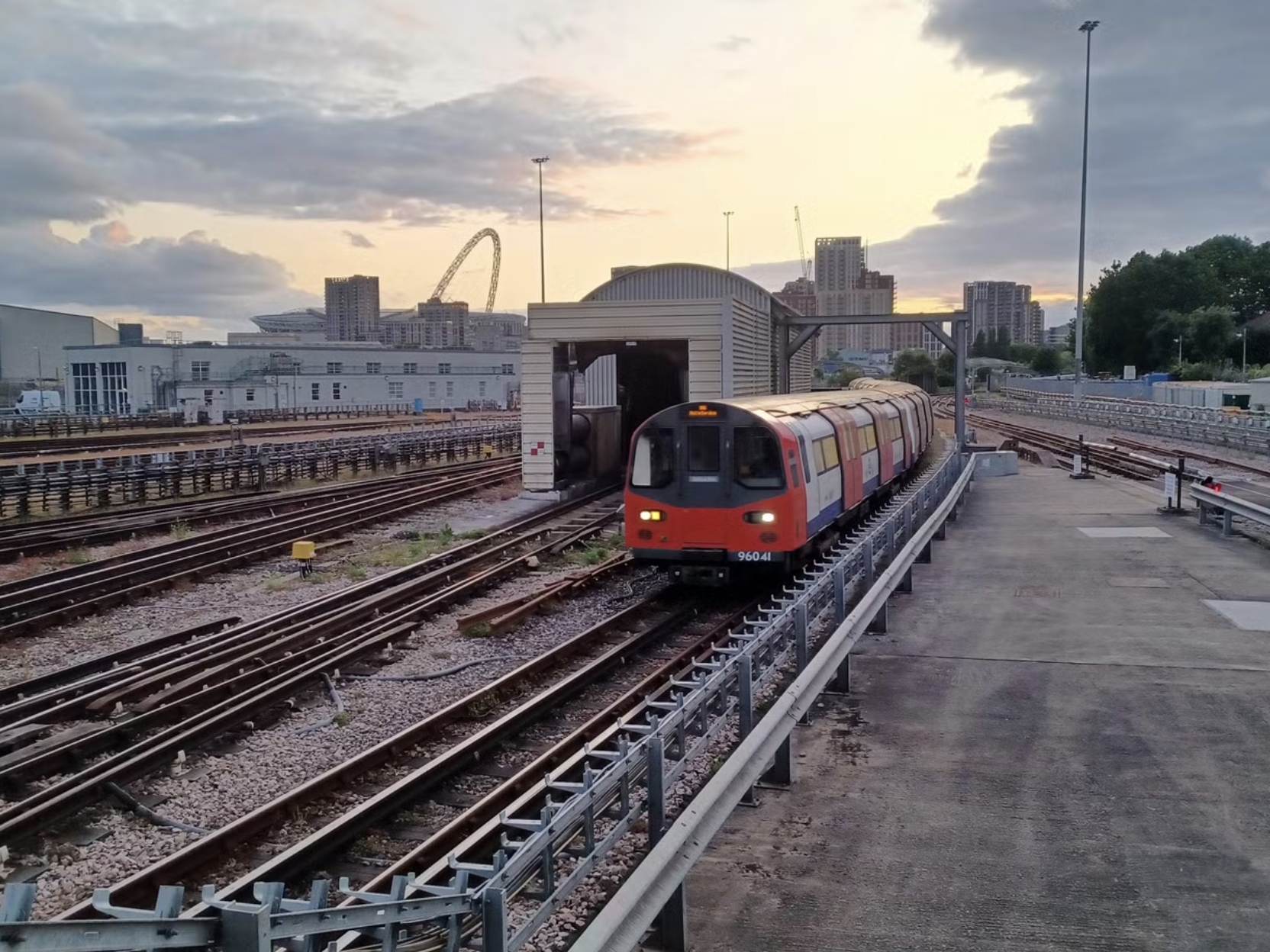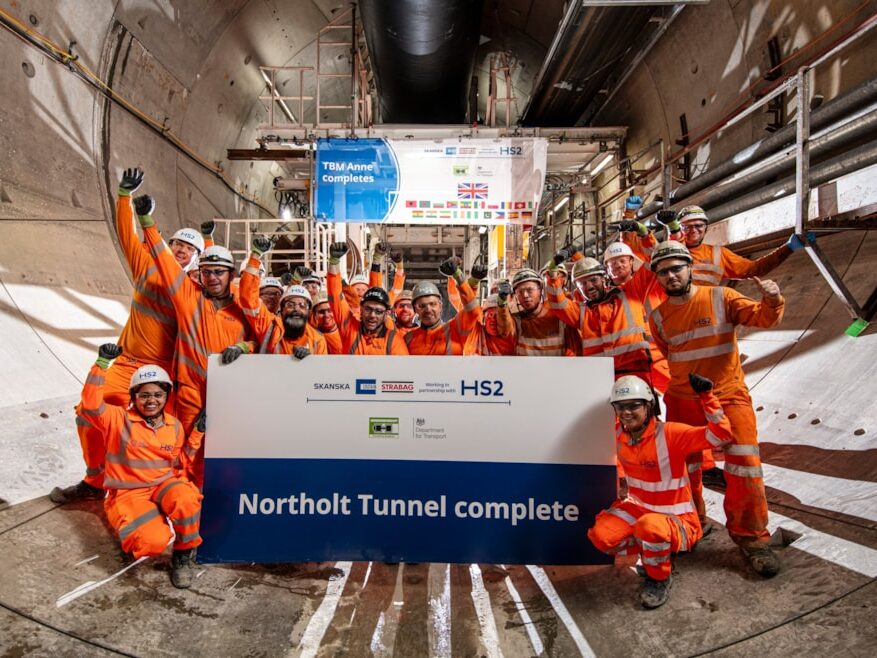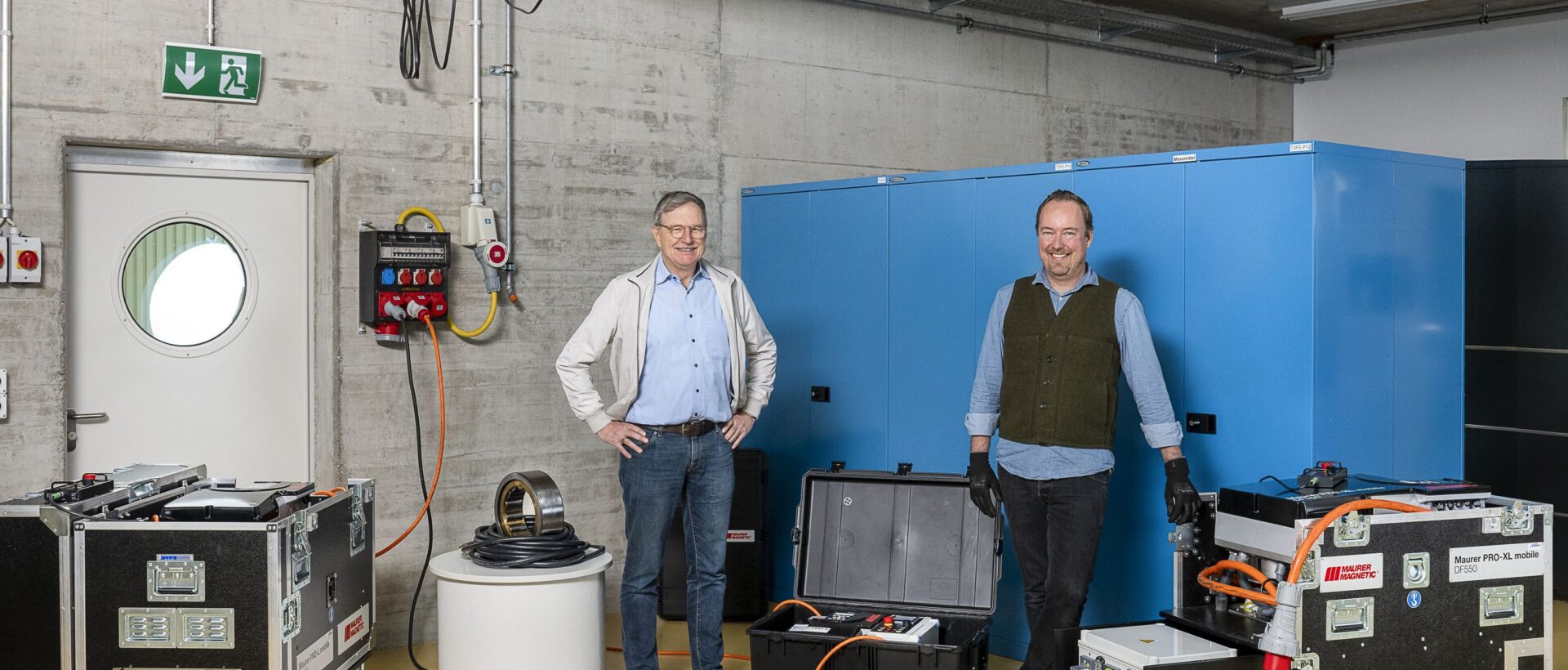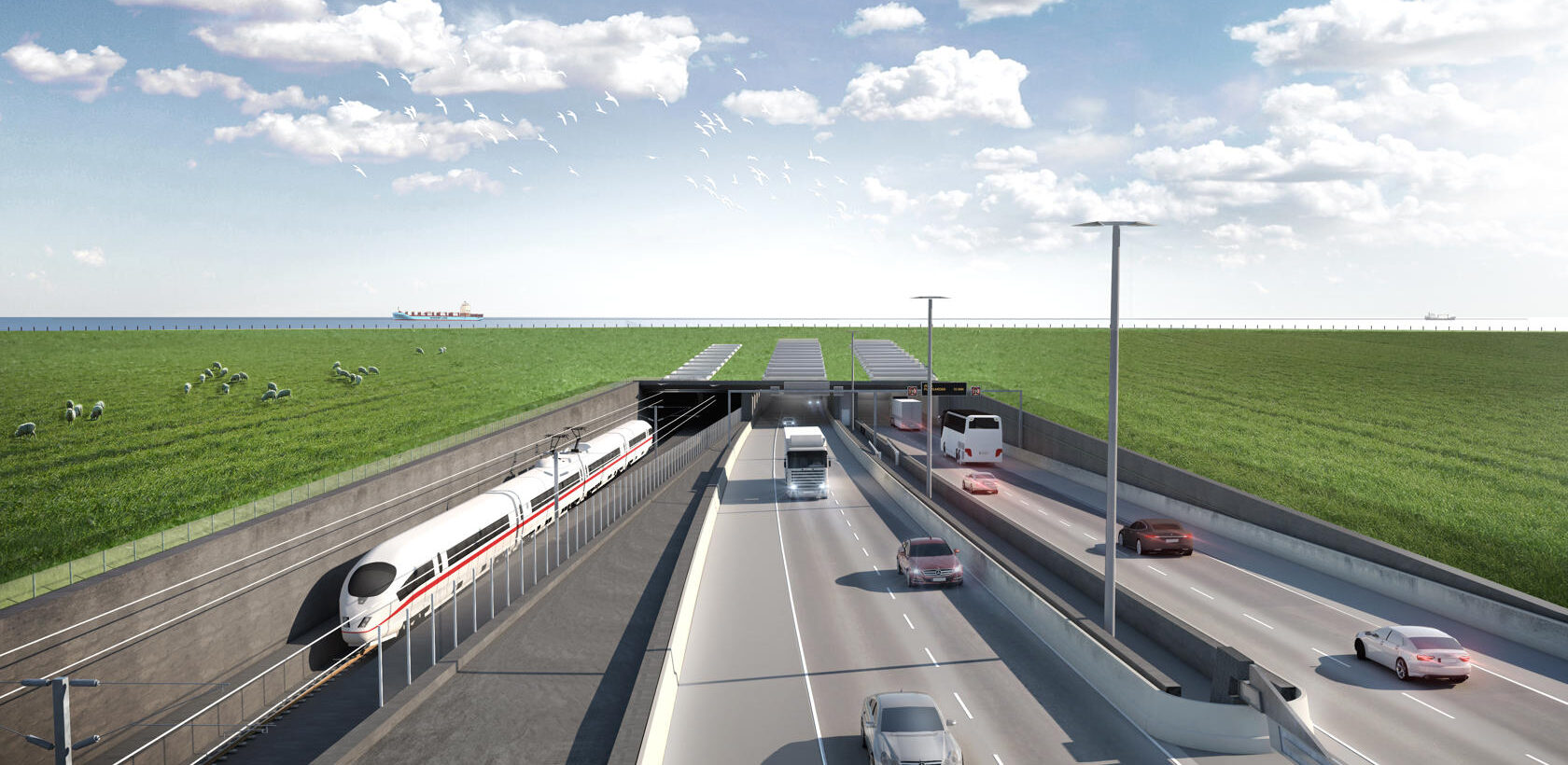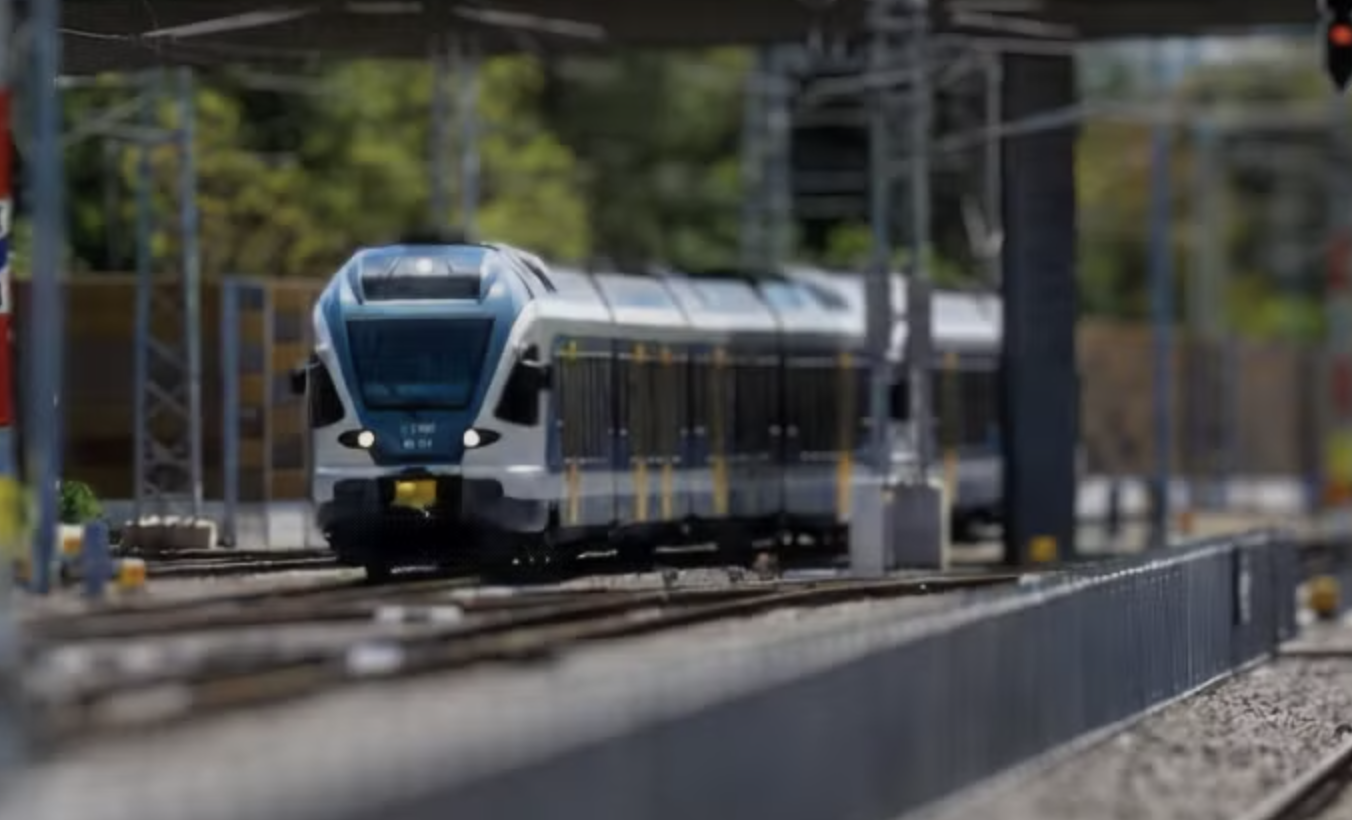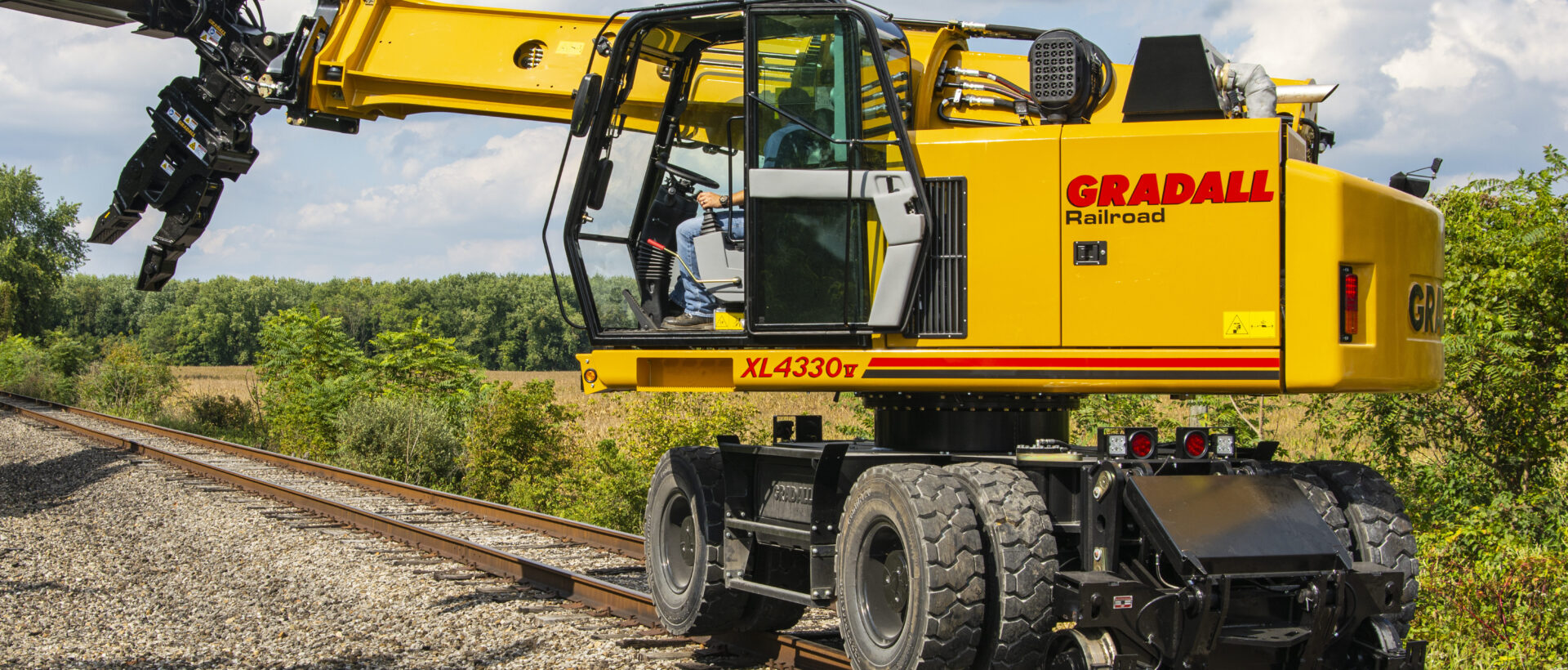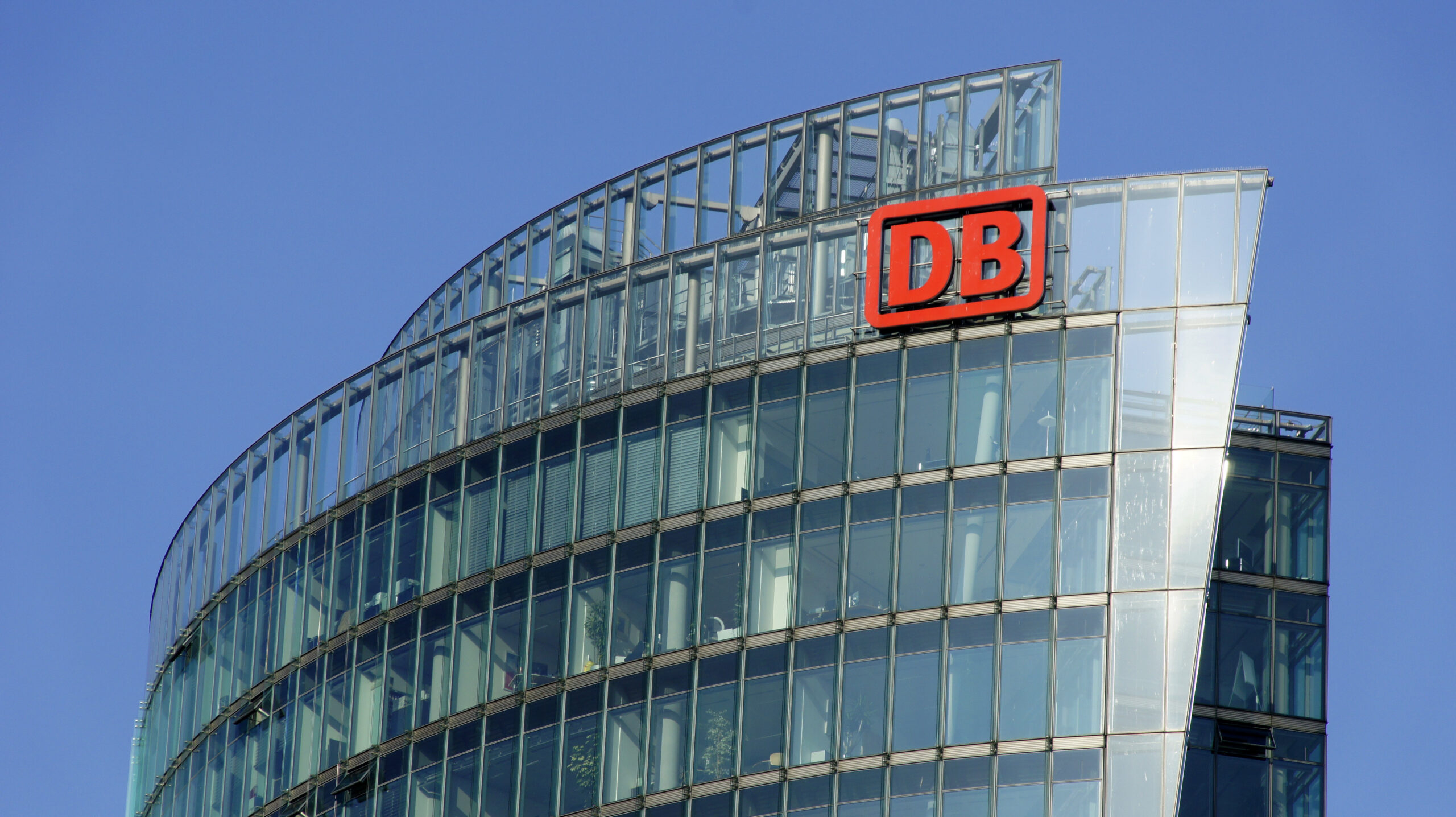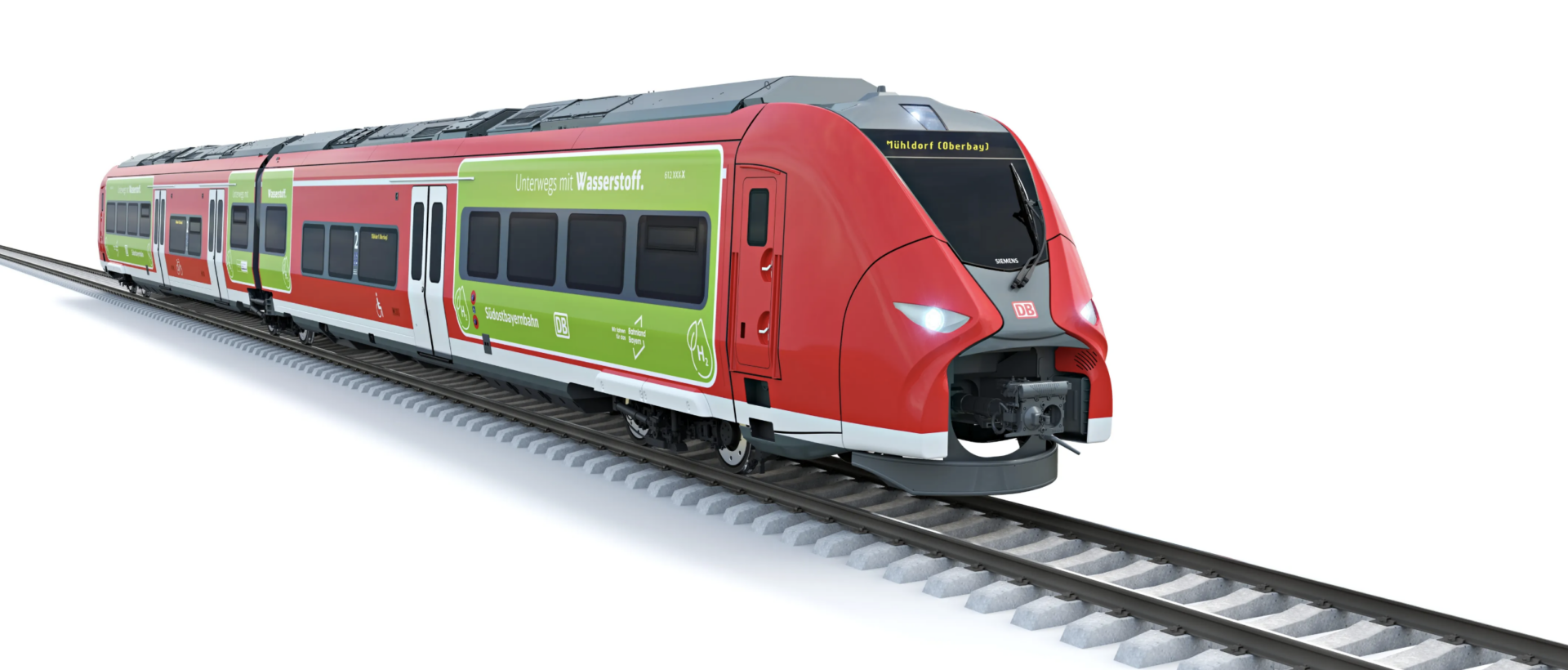Deutsche Bahn (DB) has awarded the construction contracts for the last phase of the general renovation on the Hamburg–Berlin rail corridor.
This final segment between Hamburg-Rothenburgsort and Büchen will be upgraded by a consortium of firms following a Europe-wide procurement process.
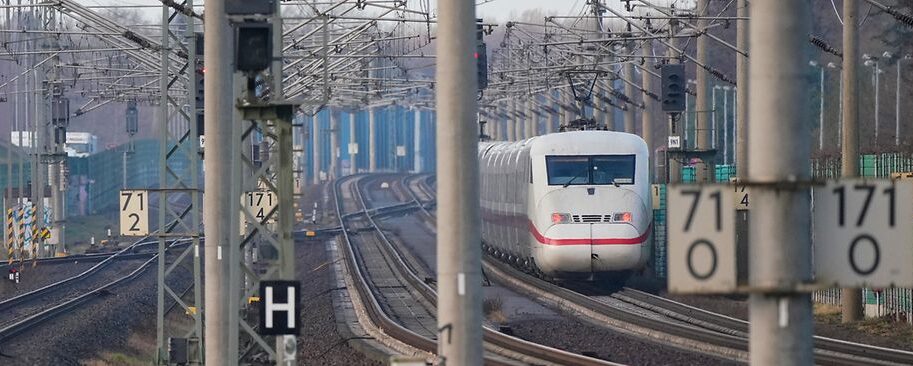
The companies contracted for the project include Rhomberg Sersa Rail Holding GmbH, Eurovia GmbH, Axians GA Netztechnik GmbH, Knapp Engineering GmbH, CRS grüntechnik GmbH, SPL Powerlines Germany GmbH, SPITZKE SE, and a joint venture of Schweerbau GmbH & Co. KG, Joseph Hubert GmbH & Co. KG, and Wiebe Holding GmbH & Co. KG.
DB InfraGO, the infrastructure division of Deutsche Bahn, will coordinate the works across multiple disciplines.
Construction is scheduled to begin on 1 August 2025 and will continue until 30 April 2026. Preparatory works for the project are already complete.
Dr Philipp Nagl, CEO of DB InfraGO said:For the general renovation of the Hamburg-Berlin line, we can already draw on experience from the Riedbahn pilot project. This has now paid off in the awarding process: The new tender last fall ensured more competition, and we received significantly better offers from the construction companies. The preliminary planning has already been completed, so the project is fully on schedule and within budget.
In parallel, DB has revised its plans regarding the European Train Control System (ETCS) for this route. Rather than installing ETCS concurrently with conventional safety systems, the company will prepare interlocking and axle counting systems during this renovation phase to support a later ETCS upgrade. This stepwise approach aims to avoid duplicated technical installations and associated costs.
Full implementation of ETCS is now anticipated in the early 2030s, aligning with rolling stock upgrades.
Infrastructure work on the Hamburg-Rothenburgsort to Büchen section includes renewal of tracks, switches, and sleepers, as well as upgrades to control and safety systems. New signal boxes will be installed at Aumühle, Schwarzenbek, and Büchen.
Several stations – Hamburg-Bergedorf, Schwarzenbek, Müssen, and Büchen – will be modernised and made accessible. Platform extensions at Müssen and Schwarzenbek are also planned, funded by the state of Schleswig-Holstein, to accommodate longer regional trains from 2027.
During the construction period, direct long-distance trains will continue to operate between Hamburg and Berlin, but will be rerouted via Uelzen and Stendal, adding approximately 45 minutes to journey times. Some long-distance trains to Rostock and Stralsund will operate via Lübeck.
DB is also increasing regional train services on the Hamburg–Lübeck–Bad Kleinen corridor and will provide bus services to replace local connections.
The renovation project forms a core part of DB’s S3 programme, which targets structural renewal and operational improvements across the national network. Over the nine-month period, the Hamburg–Berlin project will see the renewal of more than 180 kilometres of track and over 200 switches.
The Hamburg–Berlin corridor is one of Germany’s busiest intercity rail routes. This renovation aims to maintain service continuity while making long-term improvements to infrastructure, capacity, and user experience.

















